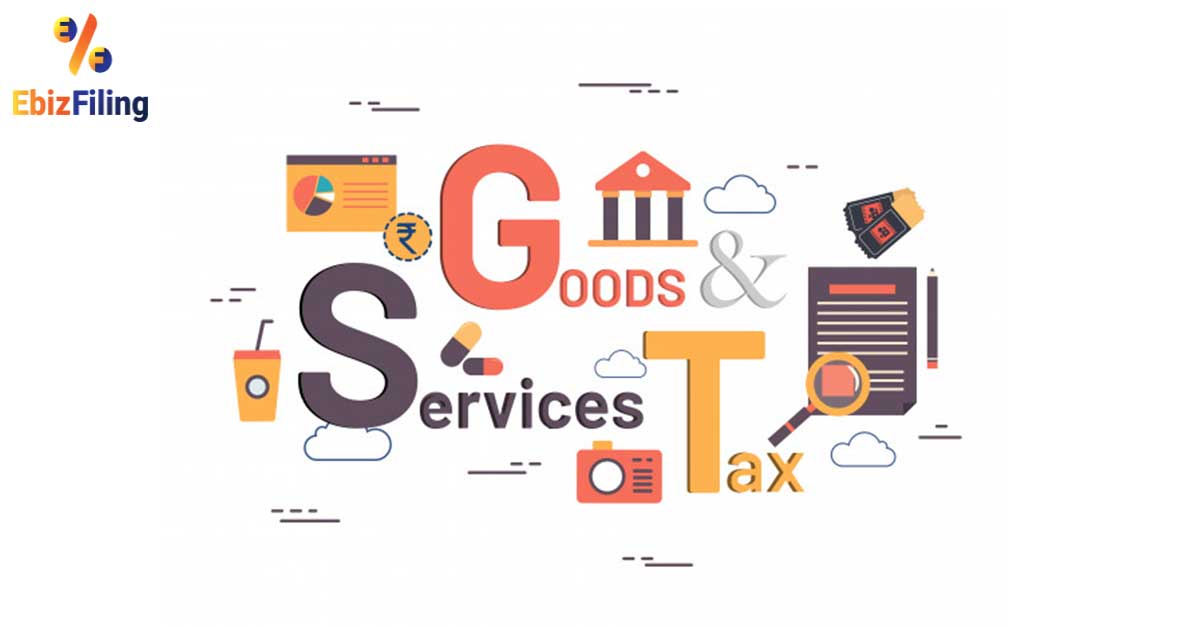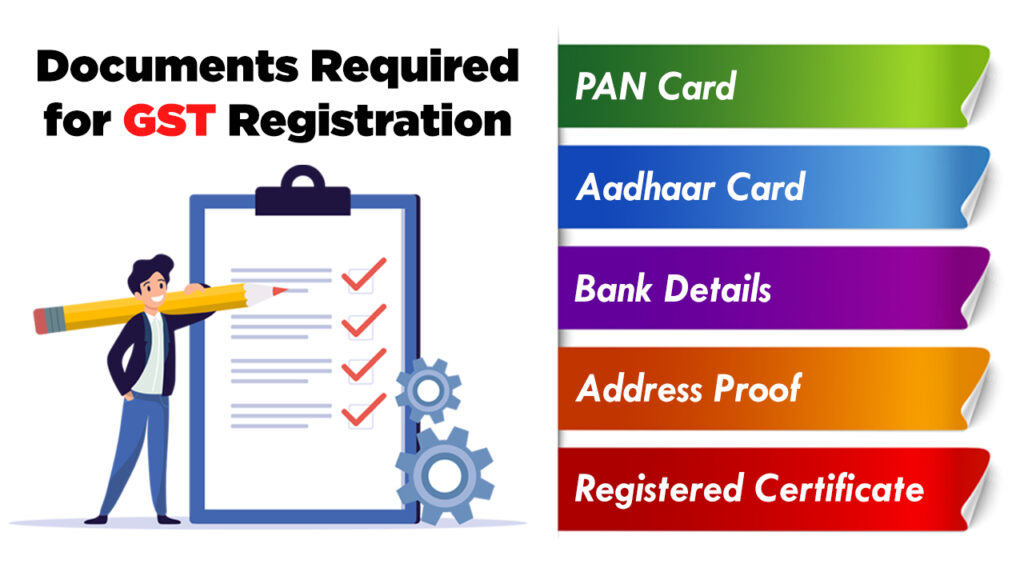Total Checklist for Effective Singapore GST Registration
Total Checklist for Effective Singapore GST Registration
Blog Article
Optimizing Tax Performance: Expert Tips on Browsing the GST Enrollment Labyrinth for Little Businesses
Navigating the elaborate landscape of Goods and Solutions Tax (GST) registration can be a labyrinthine task for small companies intending to maximize their tax obligation effectiveness. Comprehending the qualification requirements, careful paperwork demands, strategic timing factors to consider, and proficient registration procedure ideas can significantly influence a business's financial standing. Conformity with GST policies is paramount, and sticking to best methods can improve operations and protect against prospective risks. In this conversation, we will certainly discover skilled understandings and actionable recommendations that can empower local business to browse the GST registration maze effectively and enhance their tax obligation performance.
Qualification Criteria
Qualification requirements for Local business GST Enrollment encompass details standards that companies need to meet to abide with tax obligation regulations. To receive GST enrollment, a service should have an annual turnover going beyond the threshold set by the tax authorities, which differs by nation. Furthermore, services associated with inter-state supply of services or goods, or those offering items online, might be called for to sign up for GST, regardless of their turnover. It is vital for services to precisely determine their qualification based upon these turnover thresholds to prevent penalties for non-compliance. Singapore GST Registration.

Paperwork Demands
To efficiently complete the process of GST registration, local business have to ensure they have all needed documentation in order. The required documentation typically consists of evidence of company registration or identification, address and incorporation evidence of business owner, photographs, savings account information, and proof of the primary location of business. Additionally, businesses need to give information of their service activities, consisting of the goods or solutions provided. It is essential to ensure that all documents are accurate, up to date, and in the defined style to prevent delays or denials throughout the registration process.
Apart from the obligatory records, organizations might also be called for to send additional info based upon their particular scenarios. This could consist of files connected to partnerships, the consent of notaries, or any kind of various other relevant arrangements. Keeping all essential paperwork organized and conveniently accessible can enhance the registration process and assistance businesses abide with the demands efficiently - Singapore GST Registration. Failing to provide the needed documents might lead to delays or also denial of the GST registration application. Consequently, thorough interest to information and adherence to the documents guidelines are vital for an effective GST registration procedure for local business.
Timing Factors To Consider
Considering the important documentation needs have been carefully dealt with, the next crucial facet for local business starting the GST registration process is the strategic monitoring of timing factors to consider. Timing plays a pivotal function in GST enrollment, influencing not only conformity however additionally financial elements of business. Small companies require to very carefully intend the timing of their GST enrollment to make the most of benefits and reduce potential threats.

Additionally, businesses need to line up the timing of their GST enrollment with their operational readiness. Adequate preparation, such as upgrading bookkeeping systems and training staff, is necessary to effortlessly integrate GST demands into everyday operations. By purposefully handling timing factors to consider, small organizations can navigate the GST enrollment procedure successfully and enhance their tax obligation efficiency.
Enrollment Process Tips
Efficiently navigating the GST enrollment procedure needs small companies to implement calculated and positive registration procedure pointers. One vital tip is to guarantee all required records are easily available prior to starting the enrollment process. This consists of service enrollment files, evidence of address, financial institution declarations, and recognition proofs of the company owners. Verifying you can try this out the precision of the information provided is equally important to stop hold-ups or rejections.
In addition, recognizing the thresholds and requirements for GST registration based upon the particular state or region where business runs is vital. Some states have different turnover thresholds that trigger obligatory registration, so being educated about these thresholds can aid organizations plan in advance.
An additional valuable tip is to take into consideration looking for professional aid from accountants or tax specialists that focus on GST registration. Their proficiency can improve the procedure, decrease errors, and make sure compliance with all regulations.
Compliance Best Practices
Navigating the GST enrollment process efficiently necessitates not only strategic registration process ideas however likewise persistent adherence to conformity ideal practices to ensure ongoing regulatory placement. Small companies should prioritize compliance to avoid penalties and maintain a great standing with tax authorities. One important finest practice is to keep exact and thorough documents of all deals. This consists of invoices, receipts, and other monetary papers that may be required for tax obligation audits or compliance checks. Additionally, remaining informed concerning any type of adjustments or updates to GST regulations is vital. Little organization proprietors should routinely assess government guidelines and look for specialist recommendations if required to guarantee they are satisfying all needs. It is also recommended to submit GST returns on schedule to prevent late charges and charges. By integrating these conformity best techniques into their procedures, local business can browse the intricacies of GST registration with confidence and effectiveness.
Conclusion
To conclude, little companies can browse the GST enrollment maze by ensuring they fulfill eligibility standards, collect needed documentation, take into consideration timing ramifications, comply with enrollment procedure ideas, and comply with more compliance ideal techniques. By making the most of tax obligation performance via proper GST registration, businesses can enhance their financial management and operations.
Navigating the complex landscape of Item and Solutions Tax Obligation (GST) enrollment can be a labyrinthine task for small companies intending to maximize their tax performance.Eligibility needs for Small Service GST Enrollment incorporate specific standards that companies need to fulfill to conform with tax obligation policies. The required documentation usually includes evidence of organization enrollment or identification, address and consolidation proofs of the organization owner, photographs, financial institution account details, and evidence of the primary place of business. Additionally, businesses need to supply details of their business tasks, consisting of the products or solutions supplied.Effectively browsing the GST registration procedure calls for little companies to carry out positive and calculated registration procedure pointers.
Report this page